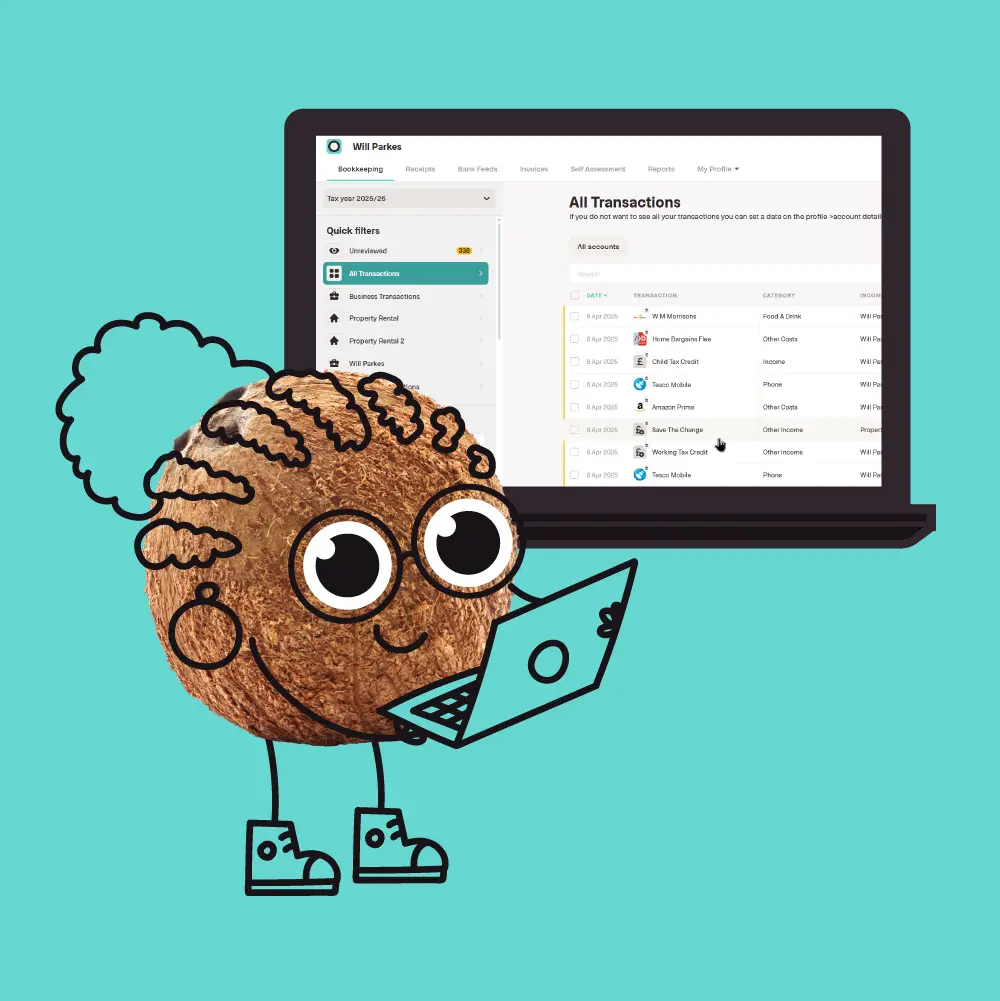Are you considering a coronavirus loan to help your business make it through the months ahead? Or have you already applied for one?
If you’ve found yourself frustrated by the level of complexity and risk with Business Interruption Loan, or overwhelmed by the mountain of research you have to do to figure out who to turn to, we’re not surprised… and you might want to know that you now have a different solution to explore.
This week Chancellor Rishi Sunak unveiled his latest Covid-19 measure for self-employed people: Bounce Back Loans.
Though it’s not the answer many we’re hoping for, it's worth weighing up.
And whichever of the two types of coronavirus loans you have in mind, a tool called Swoop could make it quicker and easier to find and apply for one.
Read on for the lowdown.
Bounce Back Loans are here, and this could be a good option if you need £50,000 or less (even if you’ve already got a Business Interruption Loan)
The government seems to have acknowledged that thousands of self-employed people are falling through the cracks in Covid-19 support. In response, they’ve announced a new type of coronavirus loan scheme.
Whether you’re a sole trader or limited company, you now have two options to choose between: the original Business Interruption Loan or a Bounce Back Loan.
Both are “government backed” to some extent. This means that if you can’t pay back what you owe, the government will step in as your guarantor and take over your payments to your lender. The main advantage of the new Bounce Back Loan is that it’s fully backed, unlike a Business Interruption Loan.
Already got a Business Interruption Loan? If it’s for £50,000 or less, you can convert it to a Bounce Back Loan by contacting your lender. The deadline for this is 4th November.
We know this solution is a frustrating second best for self-employed people who don’t qualify for a government grant, and that taking on debt probably isn’t an appealing idea, even as a lifeline. But at least a coronavirus loan comes with more of a safety net than many other types of loan.
What’s the difference between the two types of coronavirus loan?
Business Interruption Loans
- Available now.
- Better suited to bigger businesses (turnover up to £45 million) who need a loan for up to £5 million over 6 years.
- The money you borrow is 80% government backed. So if your business doesn’t get back on track, for every £1 you owe, the government would cover up to £0.80. The remaining £0.20 is down to you.
- The application process is complicated and requires you to put together an in-depth “borrowing plan”. Though this might not faze a business with a finance team, it’s a lot to ask of a self-employed person.
- Your loan takes a few weeks to arrive.
- See more details on gov.uk
Bounce Back Loans
- Available now
- Developed as an alternative for smaller firms and self-employed people. Sometimes described as a “micro loan”.
- You can borrow up to 25% of your annual turnover (max £50,000) and pay it back over 6 years.
- But you’ll pay nothing for the first year, and over that time, the government covers the interest on your behalf.
- Your loan is 100% government backed. So if your business doesn’t, well, bounce back, every £1 you owe will be repaid in full by the government.
- The application process is fairly simple, with fewer hoops to jump through.
- Your loan will be with you within 24 hours (stated by Government but can take longer) .
- See more details on gov.uk
Can I get both of these loans?
No, you can only get one or the other. But if your application for a Business Interruption Loan is (or was) rejected, you can still apply for a Bounce Back Loan. (It’s not yet clear whether the reverse is true too.)
Because the requirements for a Bounce Back Loan have been stripped back, we have a hunch that you’re more likely to be accepted for one… though obviously we can’t make any promises! And as we’ve mentioned, you can always convert a small Business Interruption Loan to a Bounce Back Loan.
We’ve teamed up with Swoop to make it easier for you to find and apply for a coronavirus loan (both types are now available )
OK, so the government has put together a list of 40+ approved lenders… but which one is right for you?
Eligibility rules change from place to place. With such a long list, it’s hard to know where to start, and many high street banks are prioritising their current customers. There are a number of independent lenders you can turn to, but you have to go hunting around for the information you need.
We know you don’t have time to sit and apply for each and every lender with no idea if you’ll get accepted.
So we’ve teamed up with Swoop to help you navigate the application process.
Swoop is a tool that simplifies and speeds up the process of finding the right funding solution for you. They tell you which loans you’re eligible for so you can compare your shortlist of options, then once you’ve decided, they help you complete your application.
How does it work?
Now available to sole traders and limited companies alike, the Swoop platform will guide you through from start to finish.
You’ll need to enter some details about your business, and you’ll also have the chance to connect your bank account and your accounting software. (Coconut customer? Please keep in mind that Coconut isn’t listed for either of those things currently. To enter the information manually, you’ll need to hit “skip” at the bottom of the screen.)
And remember: Swoop will provide you with the key details around the lenders available to your circumstances with the details you will have provided.
To get started, follow this link to the Swoop website.
What is Swoop?

Swoop is a business funding and savings platform enabling small businesses to be matched with the right funding solutions across loans, equity and grants, and to identify and easily make savings.
Working with over 1,000 funding providers, from mainstream banks, alternative lenders, venture capital funds, SEIS/EIS funds, angel investors and grant agencies, Swoop’s matching technology simplifies and speeds up the funding process. This includes support, guidance and access to the tools you need to make your Coronavirus Business Interruption Loan Scheme (CBILS) application process as straightforward and speedy as possible.
The Swoop platform contains a wide selection of facilities and you’ll be supported through the entire process so you can track the progress of your applications, and speak to the team of experts at Swoop for support and guidance.
All you need to do is sign up on the platform for free and within seconds, you’ll be matched with the funding solutions most appropriate for you. By signing up, you’ll also receive updates from the Swoop team on any developments relating to the Bounce Back Loan scheme before it goes live on Monday.











